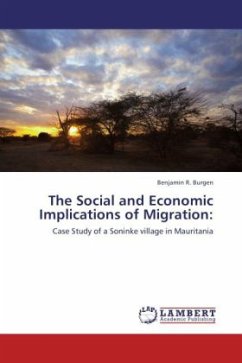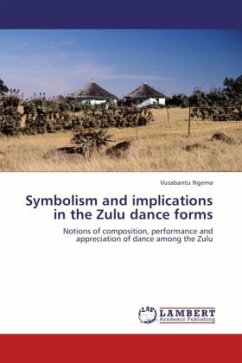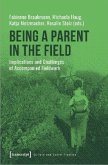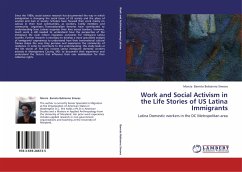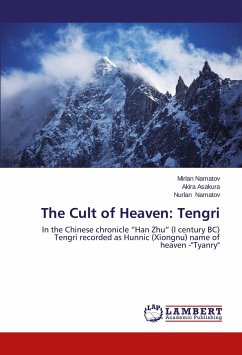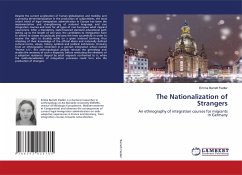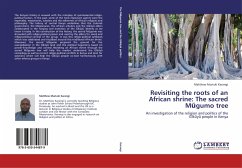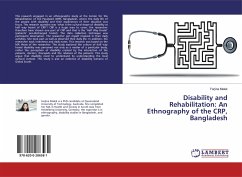Return migration for economic reasons is a deeply rooted phenomenon in Soninke culture. As a people whose homeland straddles a transition zone of environmental and cultural regions the Soninke have always been involved in supra-regional economic exchanges. As European influence became more pervasive in West Africa and industrialization reshaped the balance of power and trade globally, Soninkes became wage laborers in colonial centers and ultimately the colonial metropole. Today, there is a well-established Soninke presence across Western Europe centered in Paris. These migrant communities maintain a great deal of economic and social influence upon the Soninke homeland. It is necessary to view this migration as a social phenomenon. One that is widely celebrated in Soninke communities as a form of ethnic non-reliance on the state. Migration has come to provide an almost necessary input in order to maintain rural village life in a decreasingly productive environment with an increasing population. Economic return migration is one rational method of getting the most out of a globalized economy with varying levels of risk and reward at the different levels of social distance from home.
Bitte wählen Sie Ihr Anliegen aus.
Rechnungen
Retourenschein anfordern
Bestellstatus
Storno

